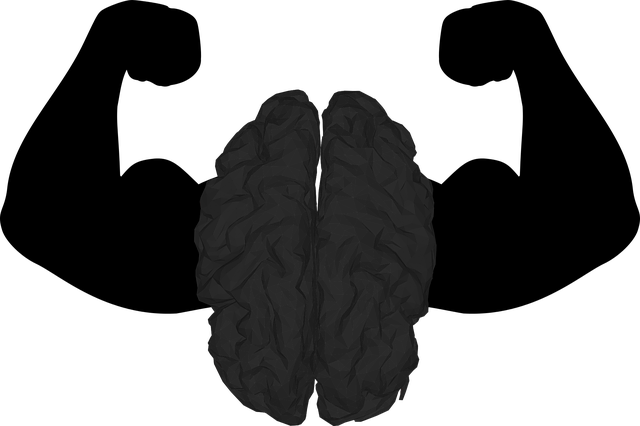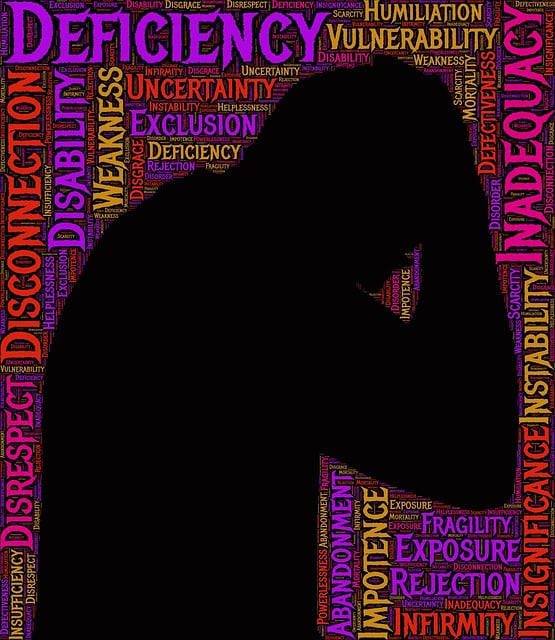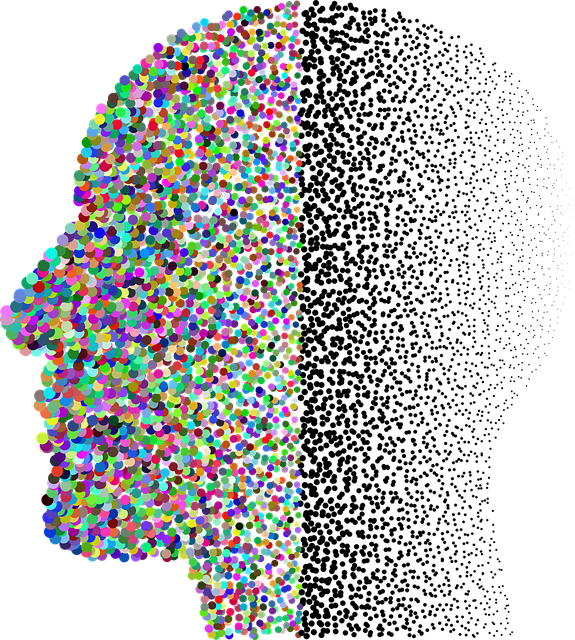Mental health professionals are adopting advanced assessment tools, like those offered by Centennial Geriatrics Therapy, to improve diagnosis accuracy using digital platforms that track mood and behavior changes. AI algorithms analyze language patterns and behaviors for early detection of cognitive impairment and depression. The integration of technology at Centennial Geriatrics Therapy provides comprehensive evaluations, accessible and efficient processes, and personalized support through emotional intelligence cultivation and stress reduction methods. Empathy-building strategies also play a crucial role in fostering strong patient-therapist relationships for more effective interventions.
Mental illness diagnosis accuracy has seen steady improvements thanks to advancements in tools, techniques, and increased access to care. This article explores three key areas where efforts are concentrated: enhancing diagnostic methods using the latest technology and cultural sensitivity training for healthcare professionals; improving community-based mental health services and reducing stigma through education; and promoting research into personalized treatment plans based on genetic and environmental factors. By leveraging these strategies, Centennial Geriatrics Therapy aims to elevate diagnosis accuracy and patient outcomes.
- Enhancing Diagnostic Tools and Techniques
- – Exploring the latest advancements in mental health assessment methods
- – Integrating technology for more accurate and efficient screenings
Enhancing Diagnostic Tools and Techniques

Mental health professionals are continually striving to improve diagnosis accuracy, and one significant approach involves enhancing diagnostic tools and techniques. This includes adopting advanced assessment methods, such as those offered by Centennial Geriatrics Therapy, which go beyond traditional questionnaires. These modern strategies not only capture detailed patient histories but also incorporate cutting-edge technology for more nuanced insights. For instance, digital platforms can now track changes in mood and behavior over time, providing a comprehensive view of an individual’s mental health journey.
By integrating these innovative tools, healthcare providers gain a deeper understanding of complex cases. This enables them to tailor interventions effectively, such as teaching coping skills development strategies or applying mind over matter principles. Furthermore, empathy-building strategies play a crucial role in improving diagnostic accuracy by fostering strong patient-therapist relationships, ensuring that every interaction is informed by genuine concern and understanding.
– Exploring the latest advancements in mental health assessment methods

The landscape of mental health assessment is continually evolving with advancements that offer promising avenues for improved diagnosis accuracy. One notable area of growth is the integration of innovative techniques, such as digital assessment tools and artificial intelligence (AI), into clinical practice. These technologies enable more efficient and comprehensive evaluations, particularly in identifying subtle symptoms that might be missed through traditional methods. For instance, Centennial Geriatrics Therapy has pioneered the use of AI-driven algorithms to analyze patient data, including language patterns and behavior, for early detection of cognitive impairments and depression.
Moreover, the focus on empowering individuals with inner strength development and cultivating emotional intelligence is gaining traction in mental health assessments. Promoting positive thinking and resilience can provide valuable insights into an individual’s psychological well-being. Therapists are increasingly incorporating these strategies into their practices, recognizing that enhancing emotional intelligence and fostering a positive mindset can contribute to more accurate diagnoses and improved treatment outcomes.
– Integrating technology for more accurate and efficient screenings

The integration of technology has emerged as a powerful tool to enhance mental health screening processes, particularly in efforts to improve diagnosis accuracy at organizations like Centennial Geriatrics Therapy. Digital platforms and applications designed for mental health assessments offer more efficient and comprehensive evaluations compared to traditional methods. These tools utilize advanced algorithms and artificial intelligence to analyze various data points, including self-reported symptoms, behavioral patterns, and even physiological indicators, thereby providing a more nuanced understanding of an individual’s mental state.
By leveraging technology, Centennial Geriatrics Therapy can streamline the screening process, making it more accessible and less time-consuming for both patients and therapists. This approach allows for early detection of mental health issues, enabling timely interventions. Moreover, with ongoing advancements in Mental Health Education Programs Design and Stress Reduction Methods, these digital tools can be tailored to promote Emotional Intelligence, ensuring individuals receive personalized support that caters to their unique needs and preferences.
Mental illness diagnosis accuracy has seen significant strides with advancements in assessment methods, particularly through integrated technology. As Centennial Geriatrics Therapy highlights, these innovations promise more precise and efficient screenings, ultimately enhancing patient care and outcomes. By leveraging the latest tools, healthcare professionals can better navigate the complex landscape of mental health, ensuring individuals receive timely and effective interventions tailored to their unique needs.














